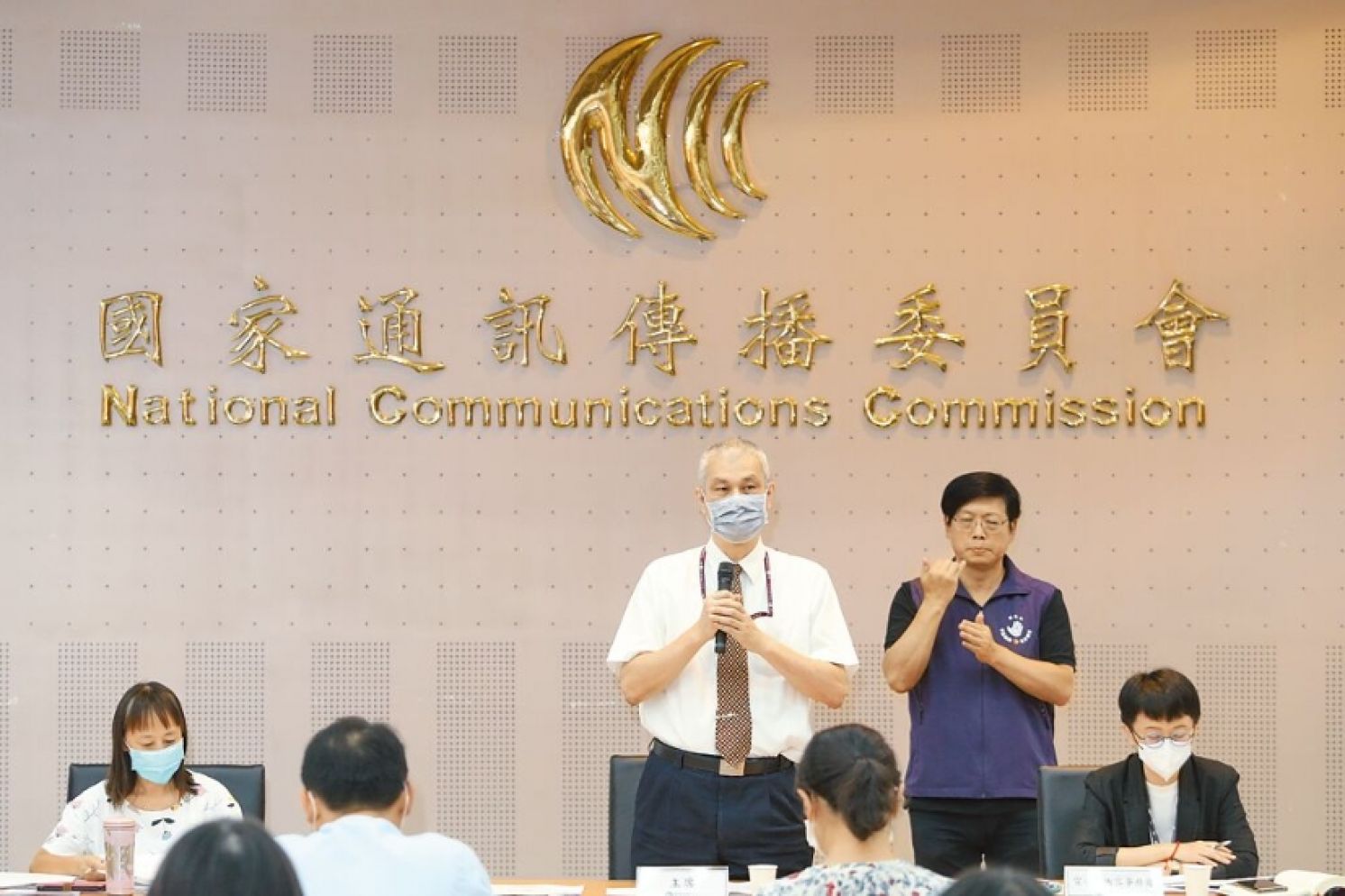
Premier Su Calls Stops for NCC's Digital Intermediary Services Act
China Times, August 20, 2022
Faced with much backlash, the National Communications Commission (NCC) has insisted on promoting the “Digital Intermediary Services Act.” This has been questioned by public, of whether this is a move to cater to the ruling party, and whether it will oppress the freedom of speech. Even many in the ruling Democratic Progressive Party (DPP) themselves cannot accept it, especially because of the fact that the online forum “PTT” might be closed down, where much of its users are young supporters of the DPP. With so much opposition, Premier Su Tseng-chang came out yesterday to tame the fire, and expressed that he would ask the relevant departments to actively communicate with each other, and they will continue to make adjustments, until everyone approves, before officially launching anything. After hearing the news, the NCC immediately announced the suspension of the public hearing originally scheduled for August 25.
Five years ago, a draft Digital Communications Act was introduced, which sparked much backlash, and did not go through in the end. The NCC then changed the name of the act, calling it the Digital Intermediary Services Act to bring it back, but they are still unable to resolve the concerns of the public. Many are worried about the difficulty of judging whether content is illegal in the first place, and being forced to delete all controversial articles or comments may undermine free speech.
Seeing the strong backlash from the public, Premier Su came forward and said that the freedom of speech is a value they insist on, likely worried that it may affect the election results of the DPP at the end of the year. He said that there are countless victims of false information and news, but how to best put their plan into practice requires more communication from all parties. He stated that he will ask the relevant departments to actively communicate, and will wait until they come to an agreement that everyone can accept, before going forward with anything
Before Premier Su came forward to stop the current process, the NCC had already held 3 public briefing sessions this month, inviting online operators, user rights-related institutions and research institutes, as well as information storage services and online platform service providers. At the second and third sessions, the attendees’ responses were strong, sparking concern for the NCC. If PTT were to close down, it may cause a political crisis. Along with the thesis and Cambodia incident, this may become the third incident in ruining the DPP.
The NCC urgently announced that it would postpone the public hearing originally scheduled on August 25, which was open for businesses and members of the public to register freely. In order to avoid further controversy, the NCC explained that after hearing the publics’ opinion during the sessions and gathering information, they will need time to make further analysis and research, to improve the quality of the draft. Therefore, the event will be postponed.
Industry practitioners believe that the NCC immediately announcing the suspension of the hearing, after Premier Su’s remarks, is because they were afraid that there would be even more backlash and controversy, and create an even bigger problem than the “thesis incident” that just took place.
Many in industry feel that the NCC is forcefully promoting the "Digital Intermediary Services Act." However, the NCC is unable to respond to the public's questions about notable defects of the proposed law. They feel unsure about it.
President’s Tsai Ing-wen’s Facebook has since been flooded with comments about the Digital Intermediary Services Act. And Chairman Eric Chu of the opposition Kuomintang (KMT) asked whether the Tsai administration can be more “normal." First the “thesis scandal and now this. Mayor Ko Wen-je of Taipei stated, the biggest problem with Taiwan politics is that citizens do not trust the government. This move made by the DPP has caused many to be concerned, whether this is the next step in making the government more authoritarian.
From: https://www.chinatimes.com/newspapers/20220820000353-260118